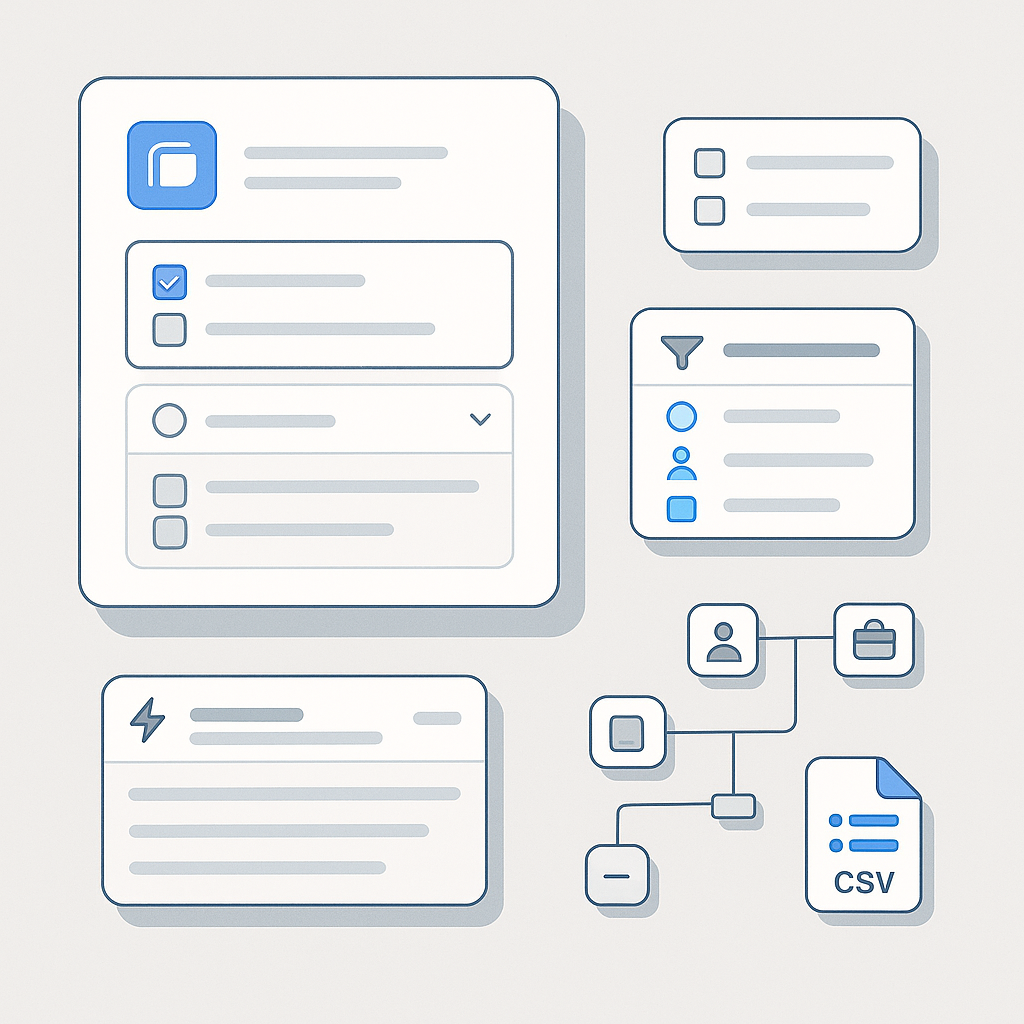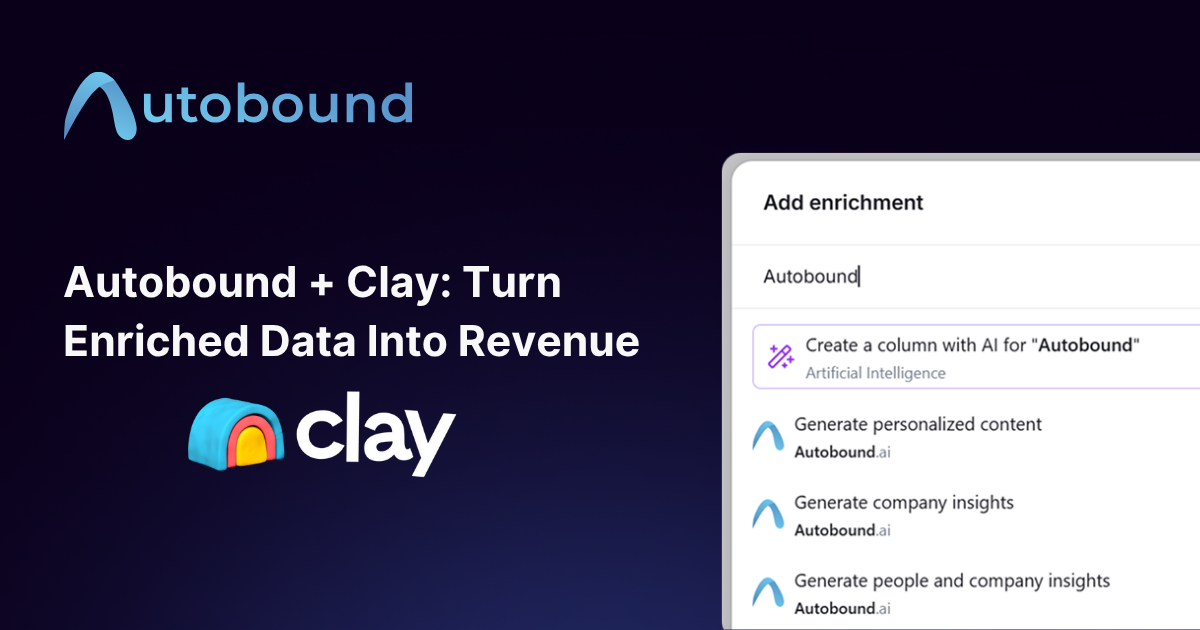Public sector digital transformation is a gold rush, with global government IT spending projected to hit a massive $588 billion by 2025 (Source: Public Cloud IT Spending – IEEE ComSoc Technology Blog). That's a whole lot of zeroes, and it represents a huge opportunity for B2B businesses like yours. But landing a government contract isn't like selling to your average enterprise. It's a different beast altogether, with its own language, pace, and decision-making dance. Think of it this way: you wouldn't waltz into a heavy metal concert expecting a tango, right? This is about understanding the mosh pit of public sector sales.
Understanding the Public Sector Landscape
Before you even think about crafting that killer pitch (and trust me, we'll get there), you need to understand the lay of the land. What makes this market so enticing, and what unique challenges should you be prepared for?
Why Sell to the Public Sector?
Let's start with the obvious: governments are HUGE. We're talking about some of the largest and most financially stable customers on the planet, which translates into massive revenue potential for B2B vendors. And it's not just about size; the public sector is also experiencing a digital awakening. They're investing heavily in technology and innovation, making it a prime market for forward-thinking businesses. In fact, global spending on public cloud services alone is expected to skyrocket by 20.4% to a whopping $678.8 billion in 2024 (Source: Public Cloud IT Spending – IEEE ComSoc Technology Blog).
But here's the real kicker: government contracts are known for their longevity. Unlike the often-fickle private sector, where deals can evaporate overnight, public sector contracts often span multiple years. This means predictable revenue streams and long-term partnerships that can provide a solid foundation for your business growth.
The Unique Challenges of Government Sales
Now, before you start measuring your office for that foosball table, let's talk about the elephant in the room: selling to the government isn't a walk in the park. It's more like a marathon, with its own set of hurdles and obstacles.
First and foremost, be prepared for a long and winding road. Government procurement processes are notoriously complex and time-consuming. Forget about closing deals in weeks; we're talking months, sometimes even years. Unlike the fast-paced world of private sector sales, government procurement often involves multi-stage RFPs (Requests for Proposals), lengthy evaluations, and approvals from a whole committee of stakeholders.
And then there's the compliance conundrum. Government agencies operate under a mountain of regulations and guidelines, demanding rigorous compliance and transparency in every single transaction. This often means obtaining specialized certifications, adhering to strict ethical guidelines, and navigating a maze of procurement regulations.
Finally, you need to become a master of their budgetary calendar. Government budgets are typically set annually, with specific funding allocated to different departments and projects. Timing is everything in this game. Aligning your sales efforts with these cycles is crucial, as decisions are often influenced by budget availability and spending deadlines.
Key Strategies for Public Sector Sales
So, how do you conquer this beast and emerge victorious? It's not about throwing your existing sales playbook at the wall and hoping something sticks. It's about adapting, strategizing, and playing the long game.
Building Relationships and Trust
In the world of government sales, trust isn't a given; it's earned. And it's earned through genuine, long-term relationship building. Forget about transactional deals; this is about cultivating strong, lasting connections with key decision-makers and influencers within government agencies. This means consistent engagement, providing valuable insights, and demonstrating a deep understanding of their unique pain points and priorities.
One of the best ways to build these relationships is by stepping outside your office and into their world. Attend industry events and conferences frequented by government officials. These events are goldmines for networking, understanding emerging trends in public sector procurement, and building rapport with potential buyers. Remember, it's not about hard selling; it's about building trust and establishing yourself as a knowledgeable resource.
I remember attending a cybersecurity conference a few years back, and I struck up a conversation with a senior procurement officer. We talked about the challenges his agency was facing, and I shared some insights based on our company's experience. We didn't close a deal that day, but we stayed in touch. A year later, when his agency needed a solution just like ours, guess who he called?
Navigating the Procurement Process
The public sector isn't the place for impulsive decisions or shooting from the hip. This is a world of meticulousness, where understanding the rules of the game is paramount. Before you even think about submitting a proposal, take the time to thoroughly research the specific regulations, guidelines, and procurement portals used by your target agency or department. This includes understanding the required documentation, certifications, and ethical guidelines that govern government contracts.
When it comes to RFPs, precision is key. Your proposal should be a laser-focused masterpiece that clearly articulates how your solution aligns with their specific needs and requirements. Use their language, mirror their evaluation criteria, and leave no room for ambiguity. Remember, you're not just selling a product or service; you're offering a solution that aligns with their mission, their budget, and their regulatory constraints.
And speaking of budgets, transparency is non-negotiable. Government agencies are accountable to taxpayers, so your pricing needs to be crystal clear, competitive, and easily justifiable. Provide detailed breakdowns, demonstrate value for every dollar, and be prepared to answer tough questions about your cost structure.
Demonstrating Value and Impact
Government agencies are driven by mission, not profit. They're looking for solutions that make a real difference in the lives of citizens, improve public services, and enhance operational efficiency. So, ditch the generic sales pitch and focus on showcasing the tangible impact your solution can deliver.
Whenever possible, quantify your value proposition. Did your software help a city government reduce permit processing time by 40%, leading to increased citizen satisfaction? Shout it from the rooftops! Numbers speak volumes in the public sector, so back up your claims with concrete data, case studies, and real-world examples.
Speaking of case studies, they're your secret weapon in government sales. Showcase your experience and expertise by highlighting successful implementations with similar government agencies or those facing comparable challenges. This demonstrates your understanding of their world, builds credibility, and provides tangible proof that you can deliver results.
Adapting Sales Tactics for Government Buyers
Patience, my friend, patience. If you're used to the adrenaline rush of quick sales cycles, buckle up. Government sales are a marathon, not a sprint. Building a robust pipeline with multiple prospects is essential, as you never know when a budget cut or a change in political winds might derail a promising opportunity.
Speaking of political winds, staying informed is crucial. Government agencies don't operate in a vacuum; they're influenced by policy changes, budget constraints, and shifting priorities. Demonstrate your awareness of these factors, and be prepared to adapt your approach accordingly.
Flexibility is your friend in this arena. Consider offering modular solutions or subscription-based models that allow government agencies to scale their usage gradually as needed. This aligns with their budgetary constraints, demonstrates a commitment to long-term partnership, and provides a lower barrier to entry.
Public Sector Marketing: Generating Demand and Building Trust
Marketing to the public sector isn't about flashy campaigns or aggressive sales tactics. It's about building trust, providing value, and establishing yourself as a thought leader in their world.
Content Marketing for Government Audiences
Ditch the jargon and lose the sales pitch. Content marketing in the public sector is about providing valuable insights, thought leadership, and practical guidance that addresses their unique challenges and priorities.
Think like a publisher, not a salesperson. Create content that educates, informs, and empowers government audiences. White papers, case studies featuring successful government implementations, webinars with industry experts discussing public sector trends, and blog posts addressing common pain points are all excellent formats to consider.
And remember, accessibility matters. Ensure your content adheres to accessibility guidelines to make it usable for all individuals, regardless of disability.
Targeted Digital Marketing Strategies
Reaching government buyers online requires a targeted approach. Explore advertising opportunities on industry publications, professional networking sites with a strong government user base, or niche platforms dedicated to public sector procurement.
Optimize your online presence for government searches. Use relevant keywords related to government procurement, specific agency needs, and relevant policy areas. Make it easy for them to find you when they're searching for solutions.
Engaging with Government Communities
Become an active participant in online forums, LinkedIn groups, and communities dedicated to government technology or specific policy areas. Engage in discussions, share your insights, and build relationships with potential buyers.
Consider partnering with industry associations or organizations that serve the public sector. These partnerships can open doors, expand your reach, and enhance your credibility within government circles.
Conclusion
Selling to the public sector is a journey, not a sprint. It requires patience, persistence, and a deep understanding of their unique needs and challenges. But the rewards are well worth the effort. By embracing a long-term perspective, building trust, and delivering tangible value, you can unlock the vast potential of this market and forge lasting partnerships that drive positive change.
About Autobound
Autobound's leading AI-powered platform delivers 350+ unique insights for go-to-market teams from financial filings, social media activity, 35 news events, competitor trends, job changes and more. Trusted by 7,000+ companies including TechTarget and validated by 220+ 5-star G2 reviews, we're unlocking hyper-personalization at scale, with native integrations for Salesloft, Outreach, and more. Leverage our developer-friendly API, try our Chrome extension, try our platform free, or contact our team to eliminate guesswork and drive measurable growth →
Built with love in San Francisco, CA




